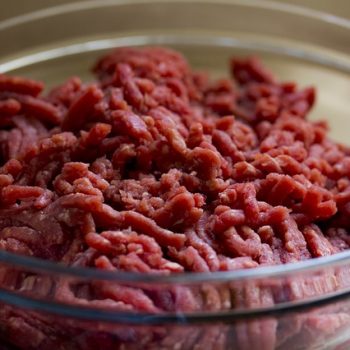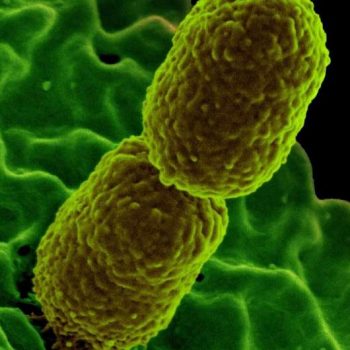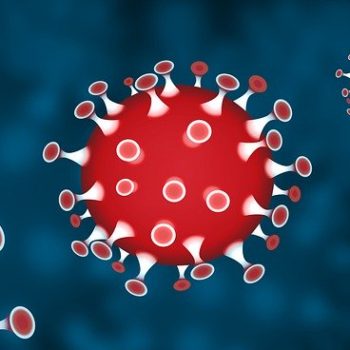Wednesday, August 11th, 2021
This abstract strongly indicates a need for pet parents to consider accuracy before choosing to test.
“Based on these results, the saliva test for food specific IgA and IgM and the ELISA serum test for food specific IgE were not reliable to diagnose adverse food reactions in dogs. Until more data are available, elimination diets remain the reference standard in the diagnosis of this disease.”
This study included both animal hair and saliva as well as synthetic fur and a sterile sample.
Animals: Seven healthy animals (six dogs, one cat); six animals (five dogs, one cat) with atopic dermatitis; 11 samples of synthetic fur and sterile saline.
Read more Are Saliva and/or Blood Tests For Food Allergies Accurate?
Sunday, July 25th, 2021
Grass-fed animals are considered to be more humanely raised and their meat has a greater omega 3 content. This seems to have been the main focus when people talk about the practice, but there’s so much more to consider. From soil ecology to the health of these animals, the vitamin and mineral content to the underappreciated phytochemical content of the meat itself.
“Increased phytochemical richness of productive vegetation has potential to improve the health of animals and upscale these nutrients to also benefit human health”
“While little difference exists in total protein content between pasture-raised and feedlot-finished meat and dairy (Duckett et al., 2009; Schönfeldt et al., 2012), differences do exist in vitamins and trace minerals. For example, Duckett et al. (2009) compared riboflavin and thiamine in grass-finished vs. grain-finished beef, and found nearly 2-fold higher riboflavin concentrations and 3-fold higher thiamine concentrations in grass-finished beef. ”
Read more Health-Promoting Phytonutrients Are Higher in Grass-Fed Meat and Milk
Tuesday, March 9th, 2021
‘Scientists studying the body’s natural defenses against bacterial infection have identified a nutrient—taurine—that helps the gut recall prior infections and kill invading bacteria, such as Klebsiella pneumoniae (Kpn).
Scientists know that microbiota—the trillions of beneficial microbes living harmoniously inside our gut—can protect people from bacterial infections, but little is known about how they provide protection. Scientists are studying the microbiota with an eye to finding or enhancing natural treatments to replace antibiotics, which harm microbiota and become less effective as bacteria develop drug resistance. Read more Scientists identify nutrient that helps prevent bacterial infection
Wednesday, March 4th, 2020
Daily updates about this virus includes a case of a dog in Hong Kong testing positive for it. We want to address this because we have clients worldwide.
Before more panic ensues, here’s a reliable blog where the renowned Dr. Weese explains where we stand. https://www.wormsandgermsblog.com/2020/02/articles/animals/dogs/covid-19-in-a-dog/?fbclid=IwAR06md2rE6omsULvb3oEnALROIFMNsxA4QhKfWPySYkvwA6cL9M4Ax7xb60
Arguably the more realistic consideration about an outbreak (pandemic or otherwise) is we’re being advised to consider having 2-3 weeks worth of food and other daily needs in reserve. How would this affect our dogs? Read more COVID-19 (novel coronavirus) and Dogs
Friday, February 8th, 2019
Lower-than-normal zinc levels may contribute to high blood pressure (hypertension) by altering the way the kidneys handle sodium.
Our comment: A mouse model may, or may not be applicable to dogs, but gives a reason to consider this new finding for further study.
American Physiological Society. “Zinc deficiency may play a role in high blood pressure: Link found between zinc, blood pressure and kidney sodium transporter in mouse study.” ScienceDaily. ScienceDaily, 24 January 2019. www.sciencedaily.com/releases/2019/01/190124084806.htm





